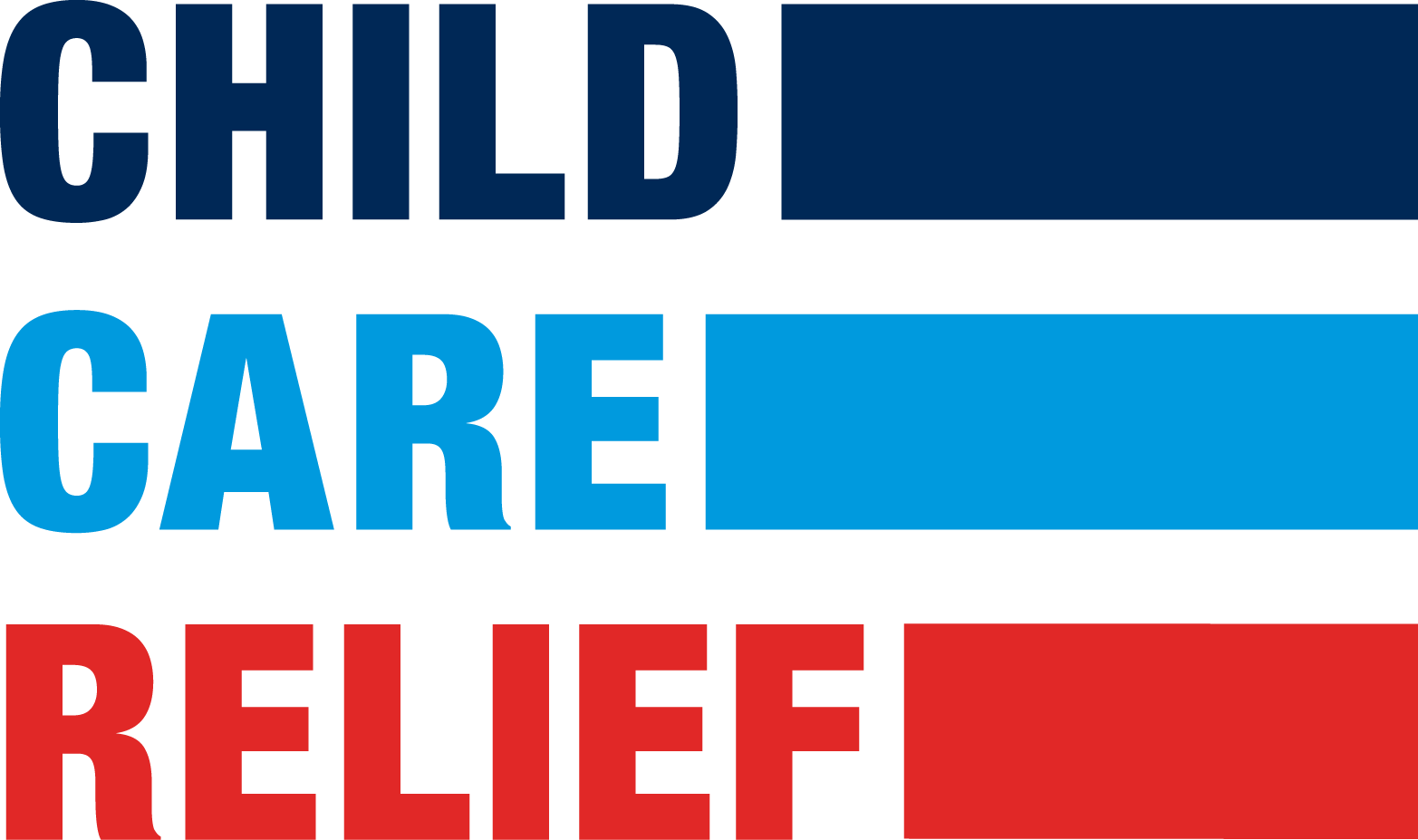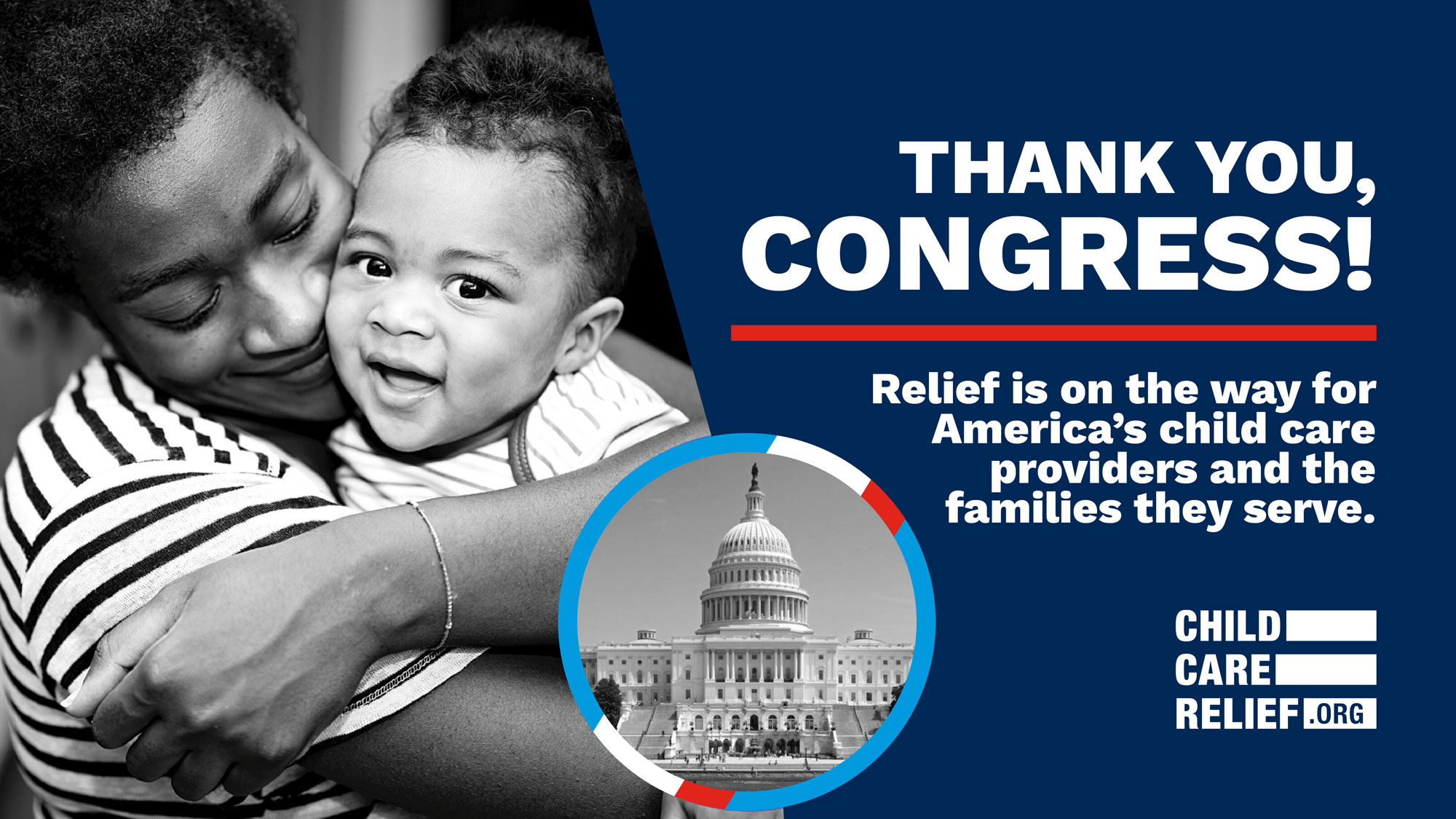
COVID-19 Child Care News Update – April 16
SHARE:
| Child care providers across the country, many of whom were already struggling to stay open before this crisis, are facing even greater challenges as enrollment declines exponentially due to the COVID-19 pandemic. Essential workers, including medical professionals and first responders, are finding that the child care supply is limited and under-resourced – verging on total collapse, even the providers trying to remain open to care for the children of essential workers are struggling. If this industry collapses, our economic recovery will be more difficult and may never recover. America’s child care providers need more relief if they want to survive this crisis. The situation varies from state to state, and even from community to community. Here’s a look at recent news coverage of the nation’s child care crisis. Earlier this week, the Administration for Children and Families announced that states would begin receiving emergency child care funding through the Child Care and Development Block Grant (CCDBG) program made available by the CARES Act. These funds can be used to ensure providers that serve children who receive child care subsidies can continue to operate or reopen, and to provide child care assistance to essential workers during the COVID-19 response — regardless of income. According to ChalkBeat, leaders in Colorado are discussing how to spend the $41 million pot of federal relief funds. It is expected that $13 million will be used to cover the cost of emergency child care for essential workers, such as health care staff and first responders. Another $12 million will be allocated to a subsidy program to ensure child care providers still get paid despite declining enrollment due to COVID-19. Virginia Governor Ralph Northam announced the state would allocate the $70 million in federal relief toward assisting child care centers that have remained open during the crisis, preparing now-vacant school buildings to host emergency child care centers, and eliminating monthly copayments through June for families that were already receiving federal child care subsidies. Kentucky is set to receive $67.74 million in federal relief to provide child care during the shutdown for the families of Kentucky’s essential workers. It also will provide some minimum level of financial aid to other child care centers that were ordered closed during the emergency. Praising the importance of child care, Senate Majority Leader Mitch McConnell (R-KY) announced the funding, saying, “Kentucky’s child care centers provide a critical service to families across our Commonwealth. They deserve our support as they face the health and economic crisis of the coronavirus. By investing in these centers and their dedicated workers, we are helping ensure our children can return to a safe environment for growth and development when this crisis is over.” Senator Roy Blunt (R-MO) announced that Missouri is receiving $66.5 million in child care relief, saying, “Everyone who is working to support their communities through the coronavirus pandemic – from health care workers to grocery store employees and first responders to public utility workers – deserves the peace of mind that their kids are well cared for while they’re on the job. This funding will support those families, as well as help child care providers, who are just as essential, stay afloat with temporary closures and decreased enrollment because of coronavirus. As chairman of the appropriations subcommittee that funds the Department of Health and Human Services, I have worked with my colleagues to make child care and early childhood education priorities for our subcommittee.” More information about CCDBG funding going to states is available online here. Governors across the country are adapting and looking for more ways to provide relief for providers that allow them to continue operating. This week, Michigan Governor Gretchen Whitmer expanded the capacity for child care by giving temporary and limited relief from certain regulatory restrictions. In Nebraska, Governor Pete Rickets signed an executive order allowing child care providers to bill the Department of Health and Human Services for subsidies lost due to declining enrollment due to COVID-19. In Utah, 38 percent of licensed child care centers and 18 percent of home-based programs have temporarily closed. To prevent further closures, the state has created the Child Care Operations Grant to help providers pay rent, make payroll, purchase supplies, and meet the new health and safety requirements. What we are reading: Underscoring the importance of child care for our national economy, the United States Chamber of Commerce’s National Return to Work Plan includes recommendations to provide financial assistance for child care providers who may be operating at a loss due to COVID-19. Without support, child care providers will be forced to permanently close, making it difficult for families to find child care as they return to work following the crisis. The U.S. Chamber of Commerce Foundation also announced the Save Small Business Fund to provide short-term relief to small businesses in economically vulnerable areas during the crisis. Resources and relief are available for child care providers and workers through the CARES Act: Earlier this week, the Administration for Children and Families (ACF) announced it will release additional CCDBG funds to states. These funds were authorized by Congress last month under the CARES Act. Learn more by visiting our website and see additional ACF resources here. |
